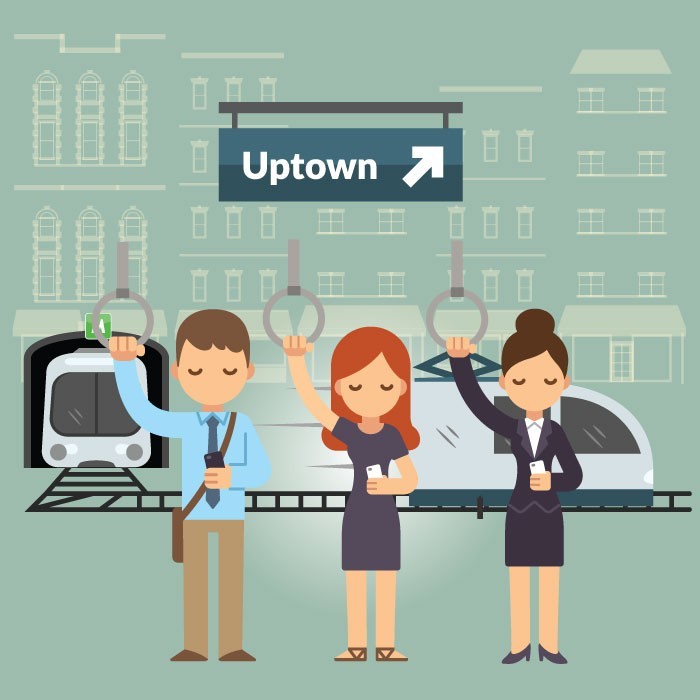- Nómina
- Artículo
- Lectura de 6 minutos
- Last Updated: 05/04/2016
What's Driving Employers to Offer Pre-Tax Commuter Benefits?

Table of Contents
Employees who take the bus or train or who "vanpool" to work can now get as much in pre-tax commuter benefits as those who drive their own cars to work and park, thanks to the Protecting Americans from Tax Hikes Act that Congress passed in December, 2015.
Both mass transit users and those who pay to park their car can have up to $255 a month excluded from taxes this year, under the Protecting Americans from Tax Hikes Act. The amount will permanently stay the same for each type of commuting even as it is adjusted for inflation in coming years.
That's good news, because there has been a great deal of uncertainty in recent years about whether there would be an equalization. Not only were employees who took the bus disappointed about not receiving as large a tax break as car commuters, but their employers faced confusion over how to run their commuter benefit programs. Employers typically either subsidize workers' commuting or parking costs with pretax dollars, or deduct the pretax dollars from paychecks through an employee benefit program, according to the Society for Human Resource Management (SHRM).
Congress threw a curveball in December 2014 by retroactively equalizing the benefit at $250 a month for 2014, but leaving the 2015 exclusion benefit at $130 a month for mass transit users and $250 a month for car parkers.
The new law also retroactively equalizes the benefit for 2015, but the retroactive change only applies to employers who were already providing more than $130 a month in transit benefits to their bus- and train- and van-using workers, according to SHRM.
The passage of the law last December was also troublesome for employers whose open enrollment periods had already ended.
Such confusion should hopefully be a thing of the past, now that the pre-tax commuter benefits have been made equal.
In New York City, Mayor Bill de Blasio and Sen. Charles Schumer were excited enough about the new measure that they passed out flyers about it on the city subway on a Monday morning in January, according to CBS in New York.
Some researchers, however, point out that when all things are equal, workers are still more likely to drive and park versus take the bus, so the new benefits parity will not necessarily reduce traffic congestion, according to The Atlantic's CityLab. To do that, employers need to offer transit benefits while requiring their employees to pay to park. CityLab points out that Panasonic successfully used the strategy after moving its North American headquarters to downtown Newark, NJ, in 2013.
Tags







